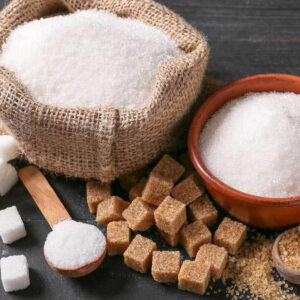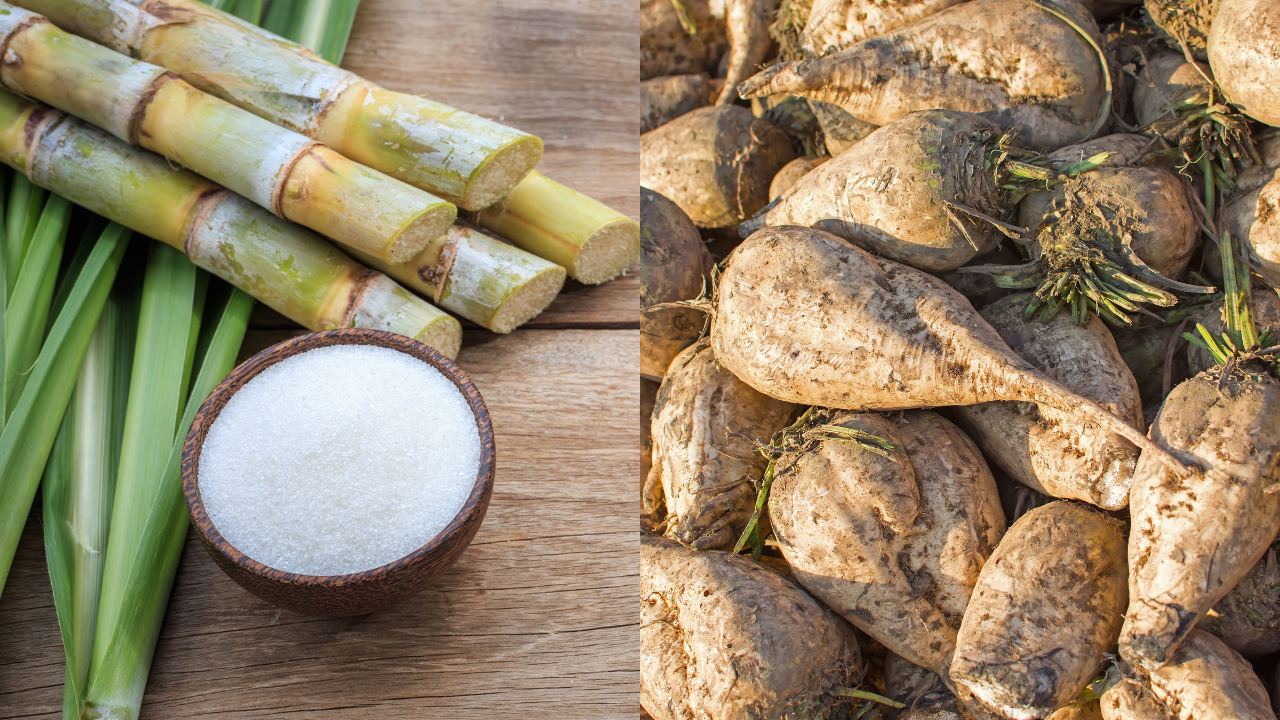When considering beet sugar vs cane sugar, some choose one for baking while others favor the alternative.
When considering beet sugar vs cane sugar, some choose one for baking while others favor the alternative.
Blog Article
Checking Out the Distinctions in operation and Benefits In Between Beet Sugar Vs Cane Sugar
In the cooking world, the choice in between beet sugar and cane sugar is not simply about sweet taste however involves a nuanced factor to consider of flavor, application, and impact. While both sugars come from different plants, each undertakes distinct manufacturing processes that discreetly influence their features and viability for numerous meals. As cooks and consumers significantly prioritize both the ecological and flavor profiles of their active ingredients, comprehending these distinctions ends up being crucial. This expedition offers understanding right into how each sugar kind can best enhance culinary productions.
Beginnings and Production Processes of Beet and Cane Sugar

Walking stick sugar, on the various other hand, comes from the sugarcane plant, a tropical yard native to Southeast Asia however now grown in tropical zones worldwide - beet sugar vs cane sugar. The production of cane sugar begins with the harvesting of cane stalks, which are squashed to release the juice.

Nutritional Content and Health And Wellness Considerations

When contrasting the dietary content of beet sugar and cane sugar, it comes to be noticeable that both types essentially offer the very same caloric worths, with around 16 calories per teaspoon and no substantial nutrient variety. Each is made up almost totally of sucrose, which is a simple carb that uses quick power yet lacks vitamins, minerals, or fiber. This similarity expands to their influence on health and wellness, particularly worrying blood sugar level levels. Both sugars, when consumed in excess, can add to raised blood sugar degrees, a risk variable for diabetes and other metabolic problems. Extreme consumption can lead to weight gain and oral problems, as both sugars are just as cariogenic, promoting tooth decay. From a wellness point of view, regulating intake of any kind of sugar, whether from beet or cane, is recommended to avoid these potential adverse impacts on well-being. Therefore, neither holds a distinctive benefit over the other in regards to wellness benefits.
Flavor Profiles and Culinary Applications
Regardless of their similar chemical structures, beet sugar and cane sugar vary subtly in try this taste, which can influence their usage in numerous culinary contexts. Cane sugar commonly brings a tip of molasses, even in its polished type, lending a cozy, caramel-like undertone that boosts baked products, coffee, and chocolate-based recipes. On the various other hand, beet sugar is characterized by its extremely refined, neutral preference, making it a flexible sweetener that does not change the flavor accounts of dishes.
Ecological Effect and Sustainability
While both beet and cane sugars are obtained from plants, their environmental influences differ substantially due to the unique techniques of farming and handling required for each. Sugar beet cultivation usually involves comprehensive automation, which can raise fossil gas intake and carbon exhausts.
Moreover, the handling of sugarcane commonly produces a significant quantity of waste, consisting of bagasse, which, although functional as biofuel, often adds to air published here pollution if burned inefficiently. Sugar beet processing makes use of even more of the raw products, causing less waste. Both industries face obstacles in lowering their ecological impacts, but recurring technologies in farming practices and waste management are intending to improve sustainability.
Economic Variables Affecting the Sugar Industry
The financial dynamics of the sugar industry are dramatically influenced by global market demands and profession policies. Aspects such as tariffs, aids, and international profession arrangements play crucial roles in forming the affordable landscape. For instance, in areas where sugarcane or sugar beet production is subsidized, manufacturers may have a monetary benefit that enables them to supply reduced costs on the international market. This can produce differences in success and market gain access to for manufacturers in countries without such subsidies. useful site
Additionally, fluctuations in worldwide need for sugar, affected by nutritional fads and commercial use in foodstuff, directly influence costs and manufacturing degrees. beet sugar vs cane sugar. Climate problems additionally play a pivotal role, as they can considerably impact crop yields and, as a result, the supply chain. This variability introduces a level of financial unpredictability that can bring about financial investment volatility in sugar manufacturing markets, influencing decisions from planting to market method
Conclusion
To conclude, both beet and cane sugar have special qualities that fit different culinary requirements. While cane sugar conveys a rich flavor suitable for enhancing baked products, beet sugar's neutrality is perfect for lighter dishes. Nutritional resemblances regardless of, their distinctive manufacturing procedures and environmental effects add complexity to the selection in between them. Thus, comprehending these differences helps cooks and customers make notified decisions that line up with their wellness, culinary, and moral choices.
Report this page